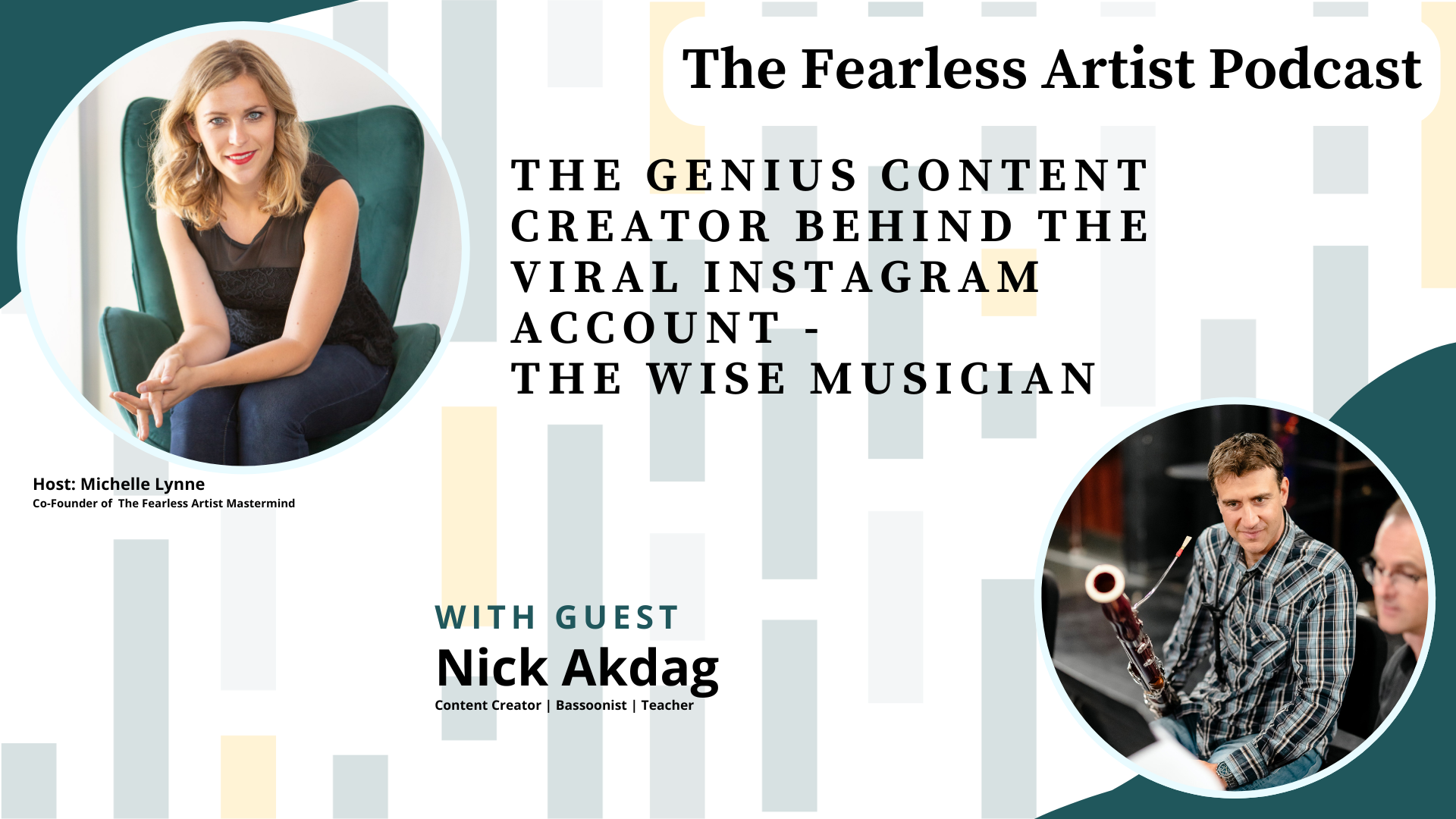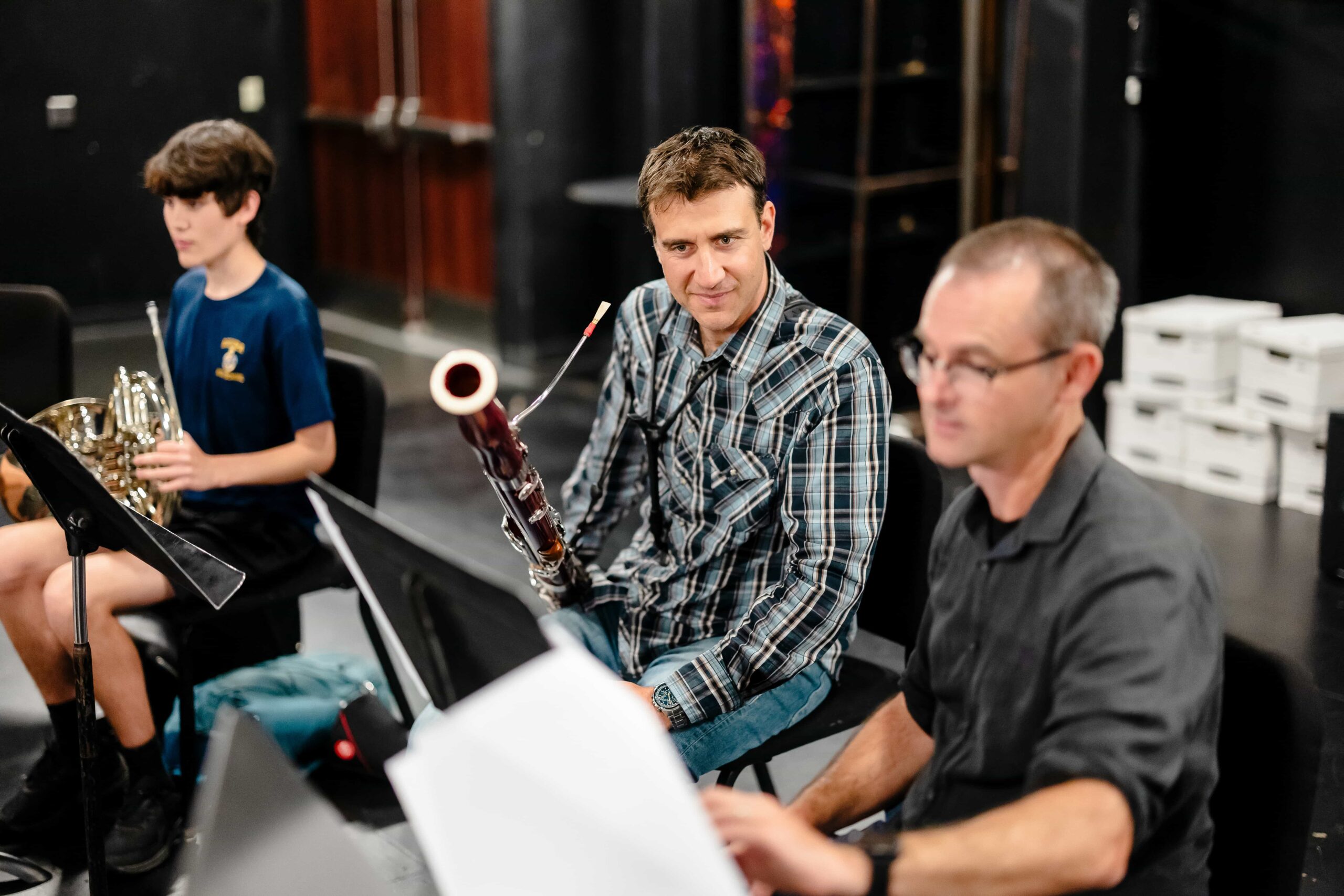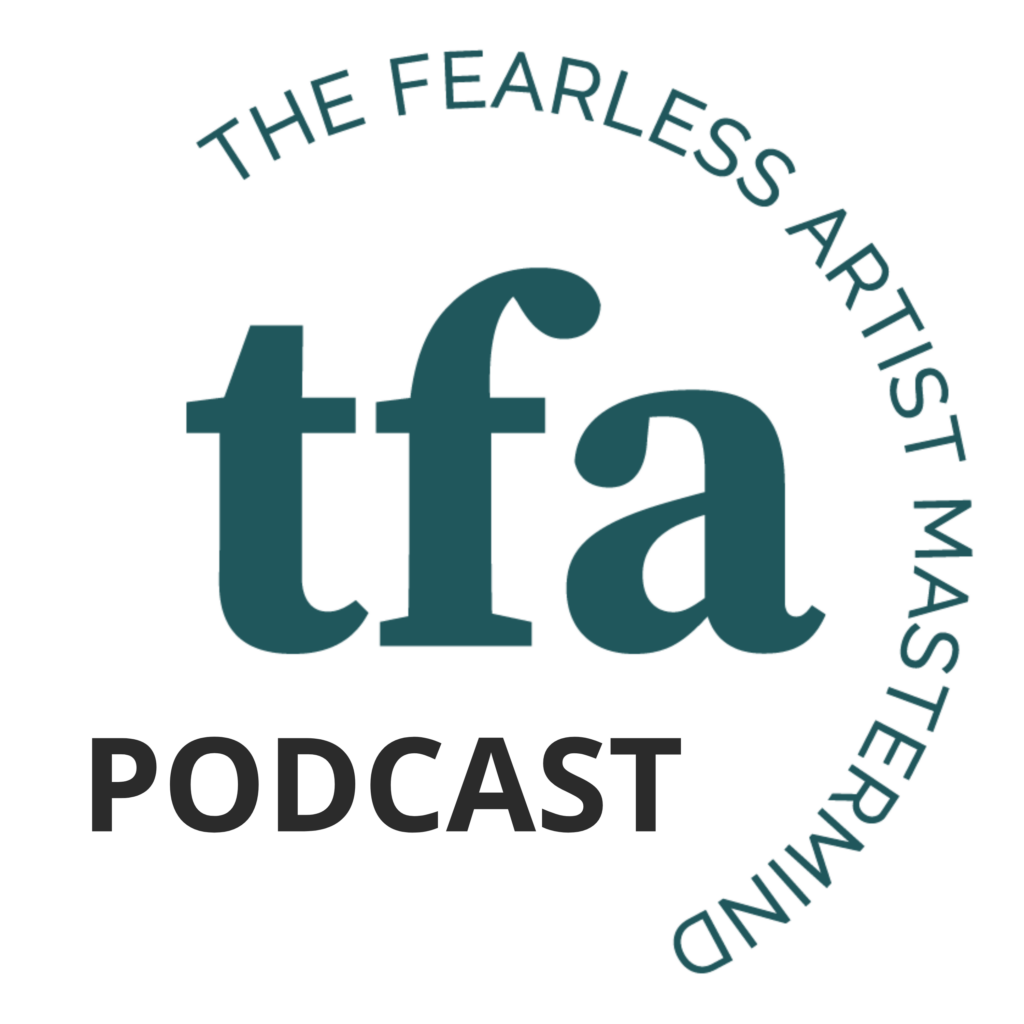The genius content creator behind the viral instagram account – The Wise Musician.

Guest:
Nick Akdag
Content Creator | Bassoonist | Teacher
Nick Akdag started The Wise Musician Instagram page in late 2022. A short form video page and education platform, it has since grown to over 225,000 followers, 60 million total views and over 20 viral videos (a video over 1 million views).
Nick is a professional musician and educator. As a bassoonist he has performed throughout North America, Europe and Asia, and regularly performs throughout Southern California with groups like the The Los Angeles Philharmonic, Kaleidoscope Chamber Orchestra, Redlands Symphony, and others.
Nick studied at the State Conservatory of Music Berlin “Hanns Eisler” (Berlin, Germany) and received a Master of Music Degree from the Yale University School of Music. He has also attended Rice University’s Shepherd School of Music and the Idyllwild Arts Academy.
He currently serves on the faculty at Ventura College.
Instagram: https://instagram.com/wise_musician

Subscribe to The Fearless Artist Podcast
Intro/Outro music by Michelle Lynne • Episode produced by phMediaStudio, LLC
